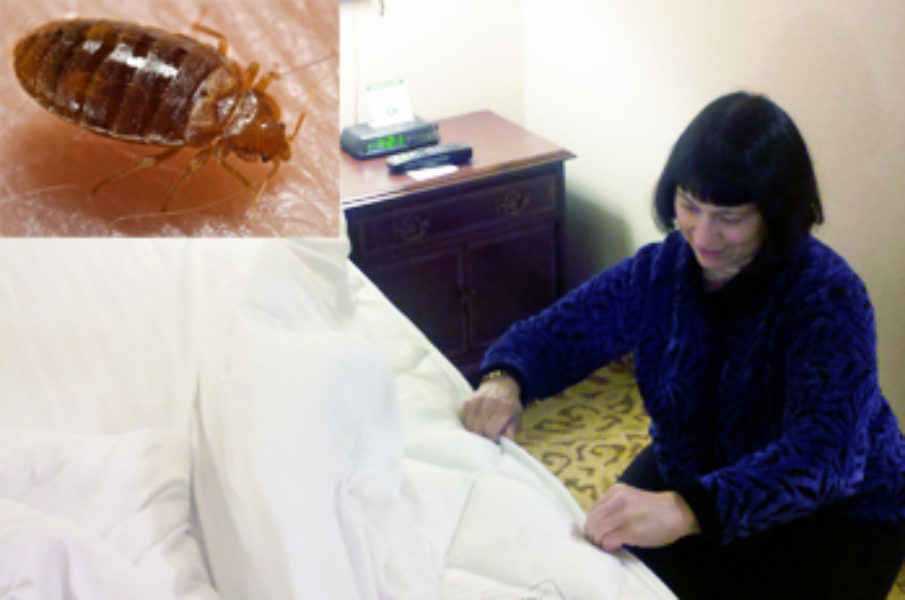
Learning from the Flint Water Crisis – Protecting the Public’s Health During a Financial Emergency
ReportEmergency Legal Preparedness and ResponseEnvironment, Climate and HealthFlint Water Crisis ProjectPublic Health AuthorityThis report, co-authored by attorneys from the Network for Public Health Law and the University of Michigan School of Public Health, details why shortcomings in the structure and implementation of laws related to public health, safe drinking water, and emergency financial management failed to stop or mitigate the Flint water crisis. Along with key findings, the report provides recommendations to help prevent similar crises from happening in other communities.









